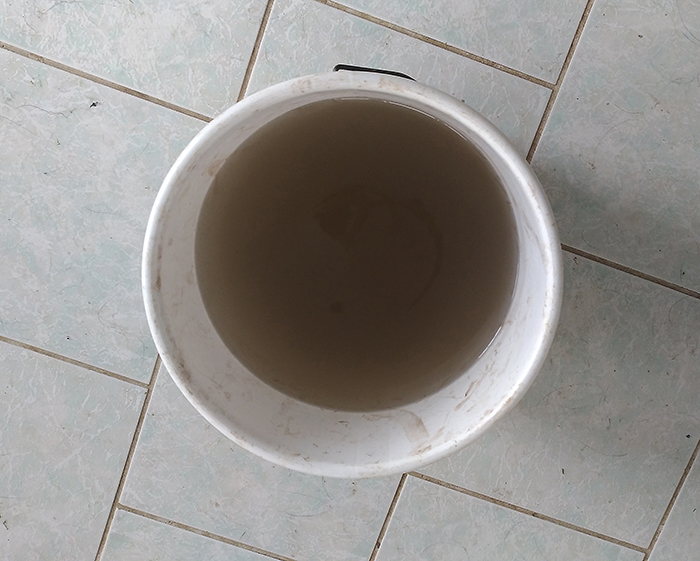
“Somebody seriously dropped the ball.”
When a member of the expert panel that advised the Ford government on its recent all-hazard water well study in North Kent makes that statement, something is certainly amiss.
Dr. Keith Benn, a local geologist who was a member of the panel, spoke at a Nov. 20 gathering in North Kent to review the all-hazard study. He’s also written letters to the editor to this newspaper voicing concerns that more investigation is warranted in the well water quality in North Kent, and the potential impact the construction and operation of wind turbines in the area has had on the local aquifer that feeds those well.
Benn, respected by the province to the extent officials gave him a seat on the panel, said the Ministry of Health probe failed to examine the ultra-fine sediment of the 61 wells sampled in the study.
“If there was somewhere where somebody seriously dropped the ball in the whole investigation, this is where it was dropped,” Benn said at the Nov. 20 public meeting.
This is quite telling, as the Ford government has failed to live up to its promise. In 2018, while stumping for office, Doug Ford pledged to have a health-hazard investigation done into the well water situation in North Kent.
Well, he was elected, and then dragged his feet for a couple of years. When the province finally took action, it was more of a broad-brush approach, and employed companies who do a great deal of work for the wind farm corporations to gather information.
And it appears that information was gathered selectively. Why else were there no sediment samples taken?
Anyone viewing the water coming out of these wells – which owners stress were just fine prior to the pile-driving and operation of the wind turbines in the area, can tell there is a great deal of particulate suspended in the water.
Is some of that made up of carcinogenic heavy metals, known to exist in Kettle Point black shale, on which the aquifer exists? If so, are the metals transferring to those who drink the water?
Too few answers were provided and too few questions asked during the all-hazard investigation.
When you have a panel member, and even the Ministry called for further studies, the government must take notice. And it must do so in a timely manner.






